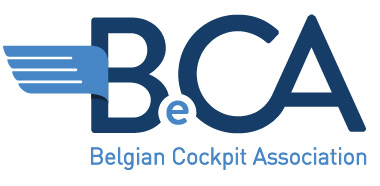The current Air Services regulation is outdated and urgently needs to be revised:
- to stop aircrews’ social standards to worsen even further.
- to ensure legal certainty for crews and authorities.
- to close socially harmful regulatory loopholes.
- to facilitate the enforcement of national and European social legislation applicable to aircrew.
- to end social dumping by unscrupulous airlines.
This is what our European branch (ECA) urged in their open letter to the Europe’s Transport Commissioner, Mrs Vălean.
From a pilots’ perspective, this revision is a key opportunity to make Europe’s aviation market more resilient and sustainable – both socially and environmentally. We need to strengthen Europe’s aviation and its strategic role in view of external economic shocks, potential future pandemics and geo-political uncertainties.
Despite this pressing situation, European pilots are still waiting for the upcoming proposal from the European Commission to revise the Air Services Regulation 1008/2008 to be issued.
What are the objectives of the EU 1008-2008 regulation?
- Providing a clear definition of ‘Operational Base’ and related information requirements for the airlines towards authorities, thereby facilitating oversight & enforcement & link to applicable law.
- Tackling the growing problem of bogus self-employment among aircrew, by a presumption of direct employment to be included in the new legislation;
- Countering social abuses by strengthening the legal framework for wet-leasing (agreement under which an airline provides an Aircraft, Complete crew, Maintenance, and Insurance (ACMI) to another airline):
- Clarify rules for internal EU wet-lease
- No liberalization of 3rd country (non EU) wet-leasing. Not being subject to the same strict regulations as those applicable in Europe, they represent an unfair competition that affects the competitiveness of European airlines.
- Maintaining the EU’s current airline ownership & control rules. No further liberalization of airline ownership detrimental to EU citizens.
- Extending the Regulation’s scope to third-country operations in the EU.
A failure to act from the European Commission would mean accepting the continuation of worsening working conditions, social dumping, and impunity for those who exploit the Regulation’s loopholes.


